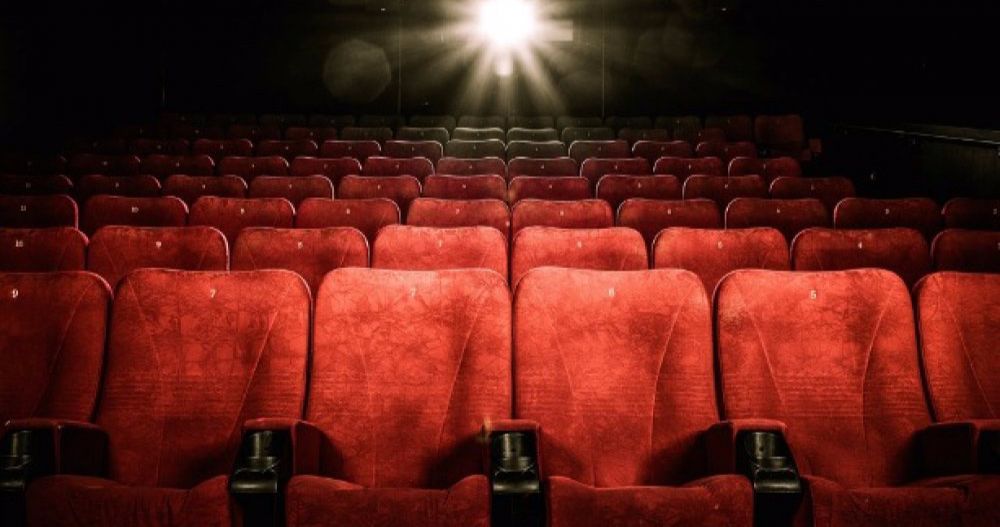Several major cities in the U.S. have begun to close movie theaters to help slow the coronavirus outbreak. New York City and Los Angeles were the first dominoes to fall, with other major cities expected to follow suit in the coming days and weeks. This comes after one of the worst weekends at the box office in decades, as ticket sales around the globe have plummeted as a result of the outbreak.
New York Mayor Bill de Blasio recently ordered that all movie theaters, as well as night clubs and concert venues, shut their doors temporarily. Los Angeles Mayor Eric Garcetti issued a similar order in an attempt to limit public gatherings. Public health officials have been urging people to practice "social distancing" to help keep the COVID-19 virus from spreading further. However, many people chose to fill bars and continue being social in public places over the weekend, which, in part, led to these increased measures. Movie theaters have historically been an escape for people in times of crisis, but they are also close-quartered activities that are a potential risk to public safety during a global pandemic.
Recently, AMC Theaters started doing staggered seating in all of its auditoriums, limiting theater capacities to half, with other chains following suit. Be that as it may, this weekend's box office brought in just $53.3 million in North America, representing a 20-year low. The situation is even more dire overseas, as China, the second-largest moviegoing nation in the world, has had all of its theaters closed down for weeks. In total, 32 different countries around the world have seen a total closure of movie theaters, with partial closures in another 15.
Even before other countries started shutting down theaters, hundreds of millions in box office had been lost, and things are likely going to get worse before they get better. The summer moviegoing season is essentially going to be nonexistent, as many highly-anticipated releases, such as A Quiet Place: Part 2, Peter Rabbit 2, Mulan, The New Mutants and F9 have all been delayed by months. It's expected Marvel's Black Widow will be the next to shift away from its current May 1 date. As we previously reported, with a lack of movies to show, certain theaters may be forced to close their doors even without government mandates, simply for a lack of nothing to show.
Meanwhile, Disney, Warner Bros., Netflix and virtually every other major Hollywood studio has had to halt productions worldwide for at least several weeks, if not longer, which could delay other major releases planned for 2021. Disney has tried to maximize streaming as an option with more people home, as Frozen 2 hit Disney+ months early, while Star Wars: The Rise of Skywalker was released on digital days before it was scheduled to. We'll be sure to keep you posted as the situation develops. Variety.

